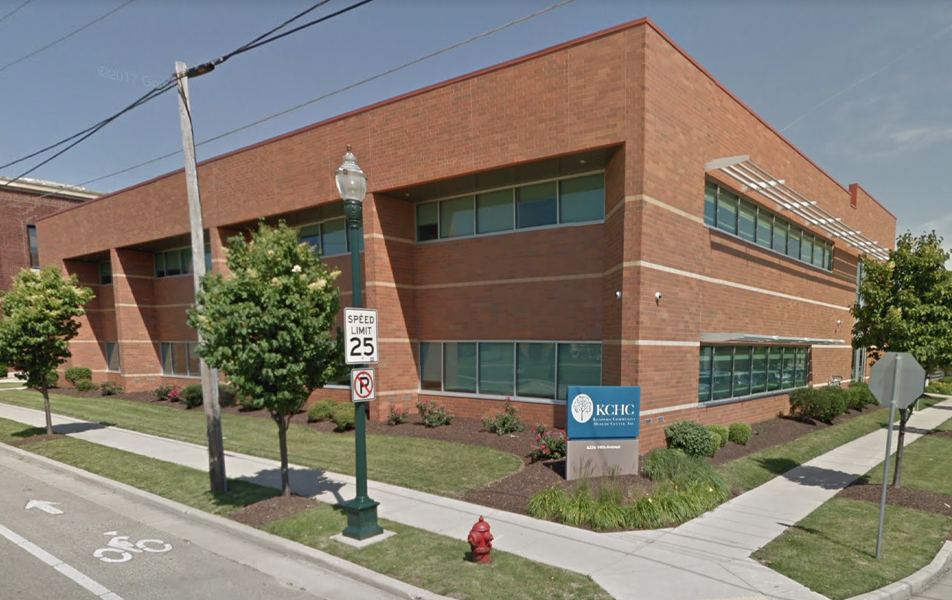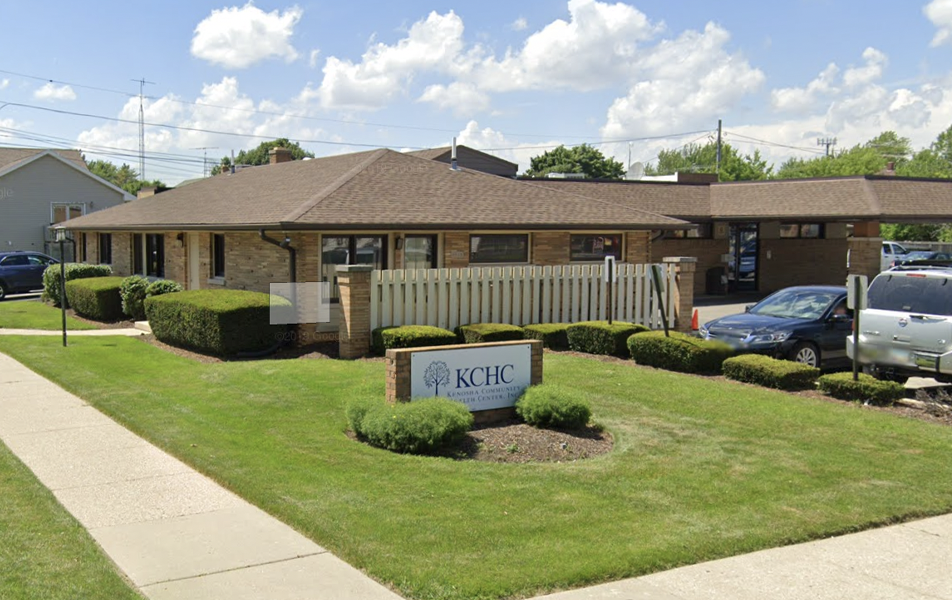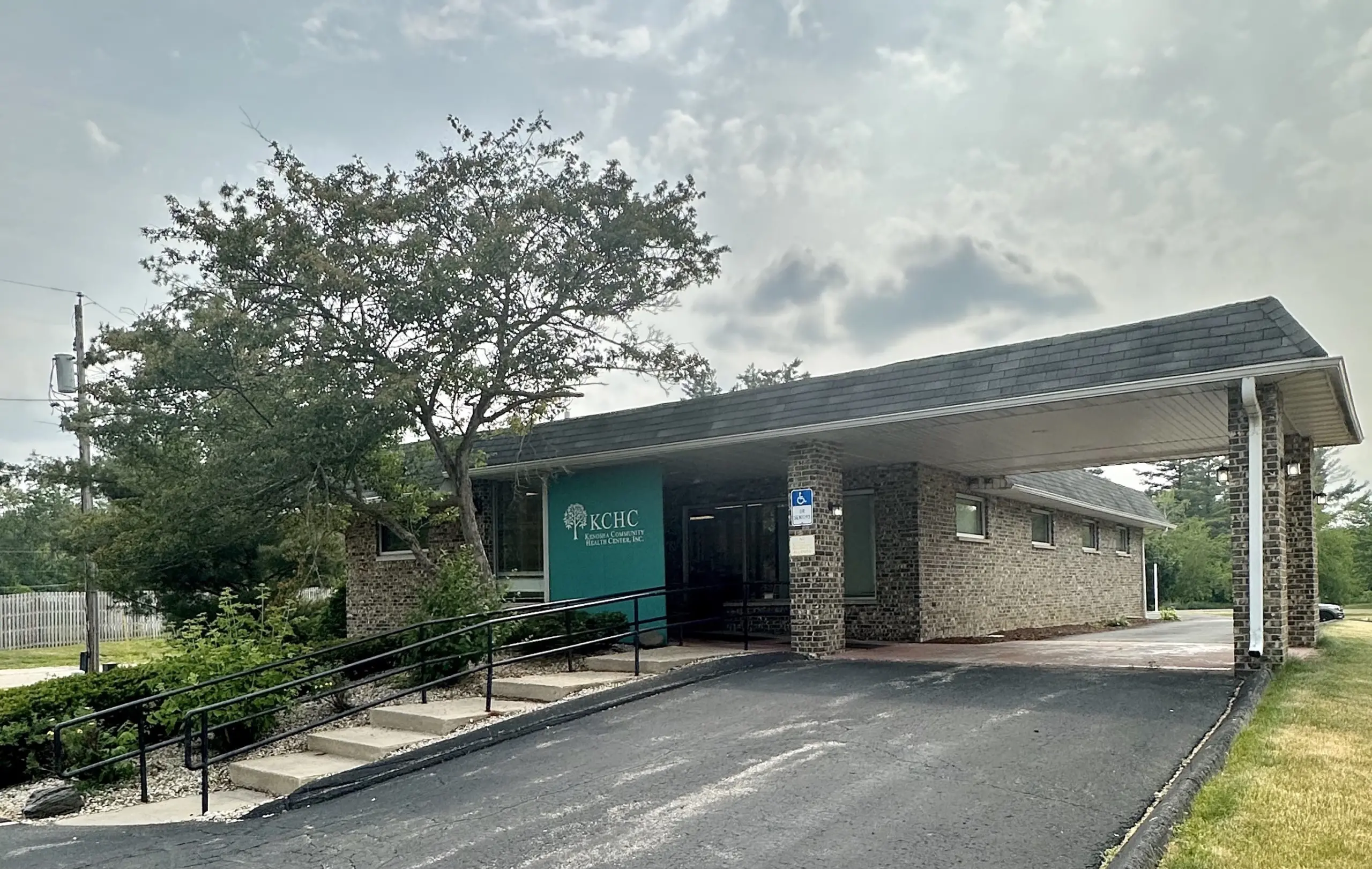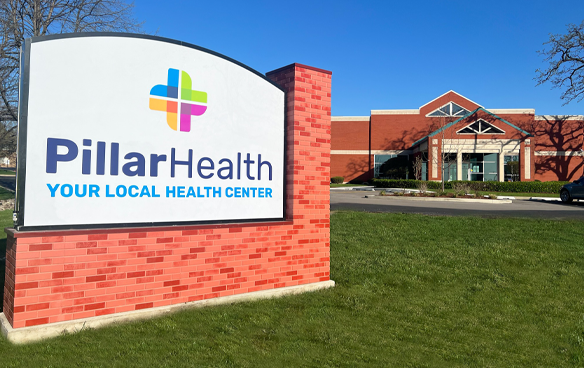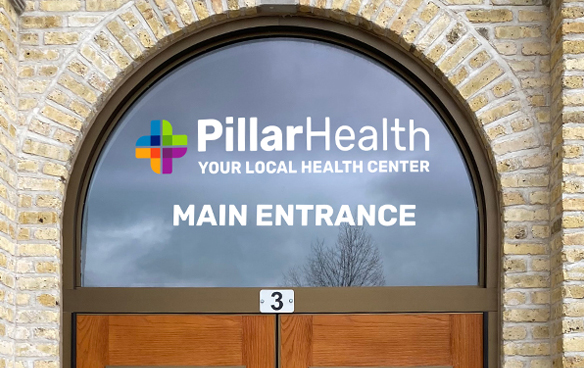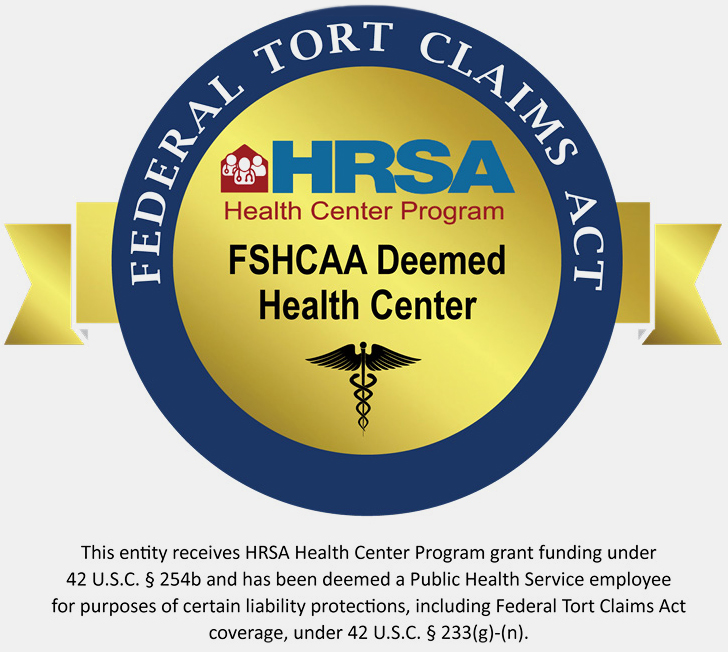
High blood pressure, also known as hypertension, is caused by a variety of circumstances. Age, family history, genetics, race, ethnicity, and sex are all risk factors that cannot be changed. However, leading a healthy lifestyle is something within your control and can help prevent high blood pressure.
AGE
As we get older blood pressure tends to rise. Over time, our blood vessels naturally thicken and stiffen. Higher blood pressure is more likely because of these natural changes.
However, the risk of high blood pressure in children and teenagers is rising, presumably due to an increase in the number of school-age kids who are overweight or obese.
GENETICS AND FAMILY HISTORY
High blood pressure is a condition that typically runs in families. Genetic studies have provided us with a lot of information on high blood pressure. A variety of genes have been identified that contribute to an increased risk of high blood pressure. Other research has concluded that some DNA changes that occur during a baby’s development in the womb may lead to high blood pressure later in life.
Some people have a high sensitivity to salt in their diet, which can contribute to hypertension. This type of sensitivity is worth noting and may be part of your family history.
HABITS
High blood pressure can be exacerbated by certain lifestyle choices, such as:
- Regular consumption of unhealthy foods. This is especially true of foods that are high in sodium (salt) but low in potassium. Some people are more sensitive to salt in their diets, such as African Americans, the elderly, and those with chronic kidney disease, diabetes, or metabolic syndrome.
- Excessive consumption of alcohol and/or coffee.
- Lack of regular physical activity.
- Use of illegal substances such as cocaine or methamphetamine.
- Lack of high-quality sleep.
MEDICINES
Some prescription and over-the-counter medications can actually increase your blood pressure. Antidepressants, decongestants to ease a stuffy nose, certain birth control pills, and non-steroidal anti-inflammatory drugs (NSAIDs) like aspirin or ibuprofen can make controlling blood pressure more difficult for the human body.
OTHER MEDICAL PROBLEMS
Other medical problems alter your body’s ability to regulate fluids, salt, and hormones in your blood. High blood pressure can also be caused by the following conditions:
- Chronic kidney disease is a condition that affects kidney function
- Metabolic syndrome is a condition that affects the body’s metabolism
- Obesity and being overweight put added stress on all body systems
- Sleep apnea (sleep and oxygen deprivation)
- Thyroid issues
ETHNICITY OR RACE
African American or Hispanic adults have higher blood pressure than those who are White or Asian. African Americans have higher average blood pressure levels and develop high blood pressure sooner in life than other racial or ethnic groups. Furthermore, some medications used to treat high blood pressure may not work as well in African Americans.
Preeclampsia is a pregnancy condition that causes high blood pressure and kidney and liver issues. Preeclampsia is more common in African American women than in White women during pregnancy.
SEX
Men are more prone than women to have high blood pressure. Women, on the other hand, are more prone than males to develop high blood pressure as they age.
Pregnant women with high blood pressure or preeclampsia are more likely to develop high blood pressure later in life.
FACTORS OF SOCIAL AND ECONOMIC IMPORTANCE
According to new research, income, education, where you live, and type of job may all play a role in your risk of high blood pressure. Another risk factor is the social impact of working early or late shifts.
Other research has linked childhood exposure to danger, damage, or other trauma to an increased chance of having high blood pressure.
IS IT POSSIBLE TO PREVENT HIGH BLOOD PRESSURE?
A heart-healthy lifestyle can aid in the prevention of high blood pressure. To maintain a healthy lifestyle, you should consider the following:
- Choose heart-healthy foods that are lower in sodium (salt) and are rich in potassium. Fruits and vegetables are high in potassium.
- Avoid or limit alcohol.
- Get regular physical activity. Even modest amounts, such as a brisk walk can make a difference.
- Aim for a healthy weight.
- Quit smoking.
- Manage stress.
- Get enough good-quality sleep.
Have your blood pressure checked at least once a year. If you are concerned about your risk of developing high blood pressure, make an appointment with the Kenosha Community Health Center by calling 262-236-6112.
Do not wait to schedule your appointment.
Kenosha Community Health Center has many appointment options in Kenosha and Silver Lake to meet your needs.
Schedule An Appointment

